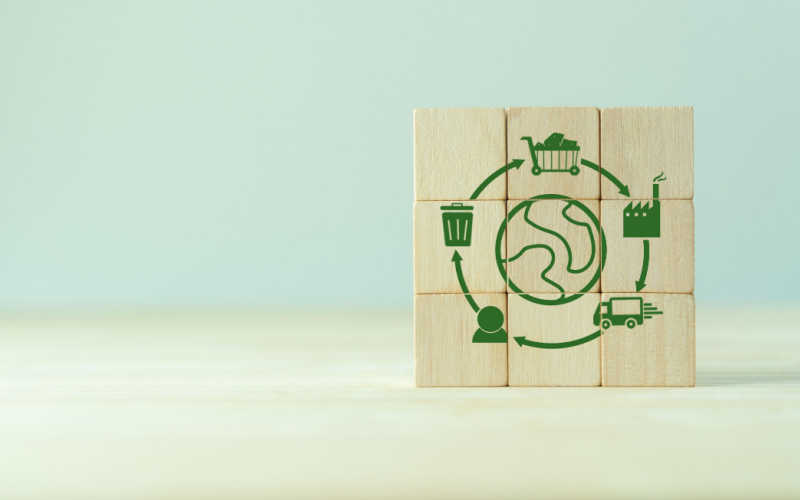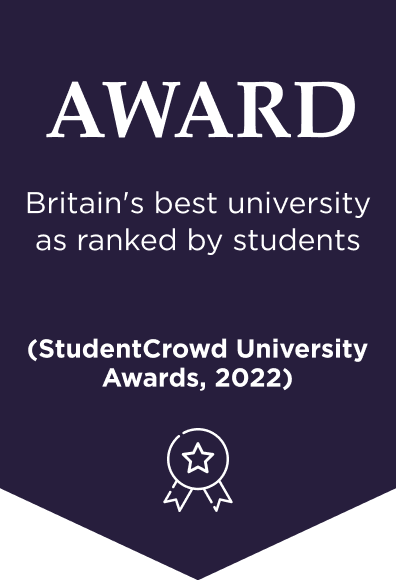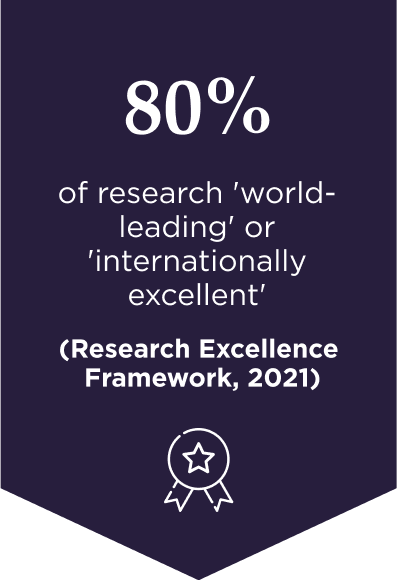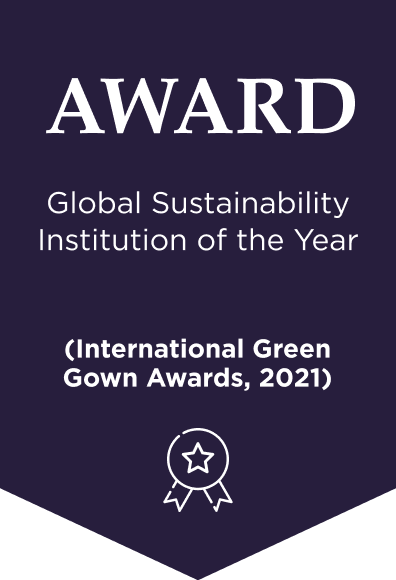Sustainable supply chains – what, why and how?
Posted on: March 15, 2023
The effects of climate change, the COVID-19 pandemic and the war in Ukraine have all played havoc with businesses worldwide in recent years. Overhauling supply chain management activity to make them sustainable not only benefits people and the planet but also helps to future-proof companies against global shocks.
What exactly is a sustainable supply chain?
A supply chain, as defined by McKinsey, is ‘the interconnected journey that raw materials, components, and goods take before their assembly and sale to customers’.
The supply chain is often the part of a business’s value chain which carries the most negative impacts. CDP estimates, for example, that the average large multinational corporation will generate 11.4 times more emissions in its supply chains than in its business operations. Supply chains are also notorious for their waste, water use, deforestation and human rights violations, depending on the sector. The carbon footprint of supply chains is enormous, accounting for more than 80% of a consumer company’s emissions.
Sustainable supply chains use ethical and socially and environmentally responsible practices from end to end. That includes everything from the sourcing of raw materials, to the logistics of the product’s last mile and even to product returns and recycling processes.
In practice, to manage a supply chain sustainably, the company or organisation has to uphold both environmental standards (for example, minimising greenhouse gas emissions) as well as social and ethical standards – such as fair working practices. And that applies not only to the company’s own operations, but also to those of its suppliers.
Why bother making supply chains sustainable?
Consumers and investors are increasingly demanding it. People are becoming more aware of the unethical business practices that can go on in a company’s supply chain, like child labour or modern slavery, and informed customers may take their spending power to companies that are actively managing the impact of their supply chains on people and the planet. Investors are also often keen to make more sustainable investments as they grow increasingly aware of the risk to the reputations and finances of companies which have murky ethical or environmental impact practices.
Large organisations have the clout to make a difference. Because of their large-scale and global supply chains, major corporations and organisations have the power to make a difference to climate change, environmental degradation and poor working conditions that individual people do not. The long-term effects of climate change could be catastrophic. Increasingly well-informed consumers, who often feel powerless as individuals to have an impact on climate change or social issues, want to support those businesses that are building a more sustainable world.
Sustainable supply chains are more resilient. In the wake of the global turmoil caused by the pandemic and the spike in fuel prices due to the war in Ukraine, many businesses have put their sustainability goals on hold. But going full speed ahead on sustainability efforts can actually make supply chains – and businesses as a whole – more resilient. Climate change waits for no one, and investing in electric vehicles (EV) and clean hydrogen haulage trucks now – albeit with more action needed from governments to invest in supporting EV infrastructure – will pay dividends further down the line. One short-term fix is hydrotreated vegetable oil (HVO) ‘bio-diesel’, which can be used to run any diesel truck, car or van and reduces carbon emissions by 90% compared with conventional diesel. It costs around 15% more, but its supply is not impacted by the war in Ukraine or any one geographical source.
“Businesses that put ESG initiatives on the backburner in 2023 may find that when the economy recovers, they are left behind. Those that invest in development, growth and sustainable freight will build more resilient businesses and emerge from the recession with a real business advantage,” says Business Leader’s Serena Haththotuwa
There’s increasingly a legal requirement to implement sustainable practices. Many countries have brought in legislation for supply chain sustainability that require businesses to demonstrate and report on their supply chain due diligence. One example is the UK Modern Slavery Act (2015) that sets legal requirements for companies to identify, prevent and mitigate modern slavery in their own operations and supply chains. California has a similar act. Another is the EU Conflict Minerals Regulation (2021) which requires EU importers of tin, tantalum and tungsten and their ores to report on supply chain due diligence operations.
Top tips on how to build sustainable, resilient supply chains
Spotlight the issues
The first step is to analyse the entire supply chain and identify which of its elements can be improved – not just obvious activities like haulage emissions, but also less visible issues, such as below standard working conditions.
Whether it’s using renewable energy or tackling modern slavery, speakers at a recent edie supply chain sustainability masterclass underlined the importance of having a common goal for a business and its suppliers to work towards.
One case study example was Ibstock Brick, which has a 2040 net-zero target for operations and is aiming for a net-zero value chain before 2050. The firm’s group sustainability manager Michael McGowan said this target was not only designed with binding climate targets in the UK in mind, but with the scale of ambition and pace of action across the building materials value chain.
Look at the data and improve its quality
It’s important to collect high quality data on emissions in the supply chain and interpret it correctly. This can seem like a mountain to climb, but companies can start with where manufacturing occurs and how much energy is expended using the process, since emissions associated with the energy grid is publicly available through the International Energy Agency. Next, digital platforms can be used to collect actual supplier-specific data to achieve more detail, starting with direct suppliers.
Golden Agri-Resources’ chief sustainability communications officer Anita Neville suggested at the edie webinar that companies in the same sector, for example consumer goods, could collaborate to create a single template for sustainability disclosures questionnaires. End-users and larger suppliers could potentially save time and resources by creating a common language across the supply chain so that different stakeholders understand what is being asked of them.
Guzzle less gas
Practising fuel efficiency techniques can save thousands of pounds per year and considerably reduce a business’s carbon footprint. Reducing fuel consumption is more than just encouraging drivers to avoid idling their engines; Safe and Fuel Efficient Driving (SAFED) driver instruction can make a big difference too. Small changes like aerodynamic improvements to vehicles – and bigger ones such as switching to the aforementioned HVO biodiesel – involve up-front costs but can deliver big cost and emissions savings.
Dump the ‘dead miles’
Once a fleet has transported its load to the next stage of the supply chain, they need to return to base to pick up more goods. This return journey creates more emissions and takes time. A quick efficiency win here could be to transport materials back to their starting point, or even hire out the fleet to transport materials for another company for a portion of the return journey, improving efficiency and delivering more return on investment in fuel and time.
Go circular
A typical supply chain begins with materials which are shipped to the manufacturer and ends with the used products being discarded as waste. A circular supply chain seeks to reduce that waste, or even completely avoid it, by recycling the products, and sending them back to the manufacturer for reuse.
Get your suppliers on board
While larger organisations can control their entire supply chain, some businesses work in partnership with suppliers, haulage companies and third parties. As the British Assessment Bureau suggests, these companies should use their influence to recognise, encourage and reward sustainability efforts, share its costs and make sustainability a regular part of conversations.
Speakers at the edie supply chain sustainability webinar highlighted the importance of meeting suppliers face to face and collaborating rather than simply telling them what to do. “Trust trumps everything,” says Anita Neville. “You can have the best tech, the best systems, but if you don’t have relationships with suppliers – trust which you generate by being able to talk in their language – then you really can’t get very far.”
Ibstock Brick’s Michael McGowan concurs on the importance of in-person meetings : “Net-zero won’t happen unless we collaborate and engage and speak 1:1 with our suppliers. Supplier engagement days are vital. We can have the best [digital] system in the world, but the most important thing is direct communication and collaboration.”
Sustainable supply chains are the way of the future. As IBM says in a recent report on the issue: “Next-gen supply chains won’t just efficiently move material from here to there — they’ll underpin truly resilient, sustainable business operations.”
Become one of tomorrow’s leaders in sustainable business
Looking to accelerate your career in the fast-growing sector of sustainability? Keele University’s MSc Management with Sustainability is a career-focused Master’s which is designed for aspiring sustainable leaders. Taught entirely online by research-active experts, this MSc aims to develop you into a well-rounded, thoughtful, active, reflective and practical professional with a genuine appreciation of the strategic and operational challenges in running an organisation in a sustainable way. What is more, you will study part-time over two years, applying what you learn as you continue to earn and fast-tracking your professional experience while you develop your career.



